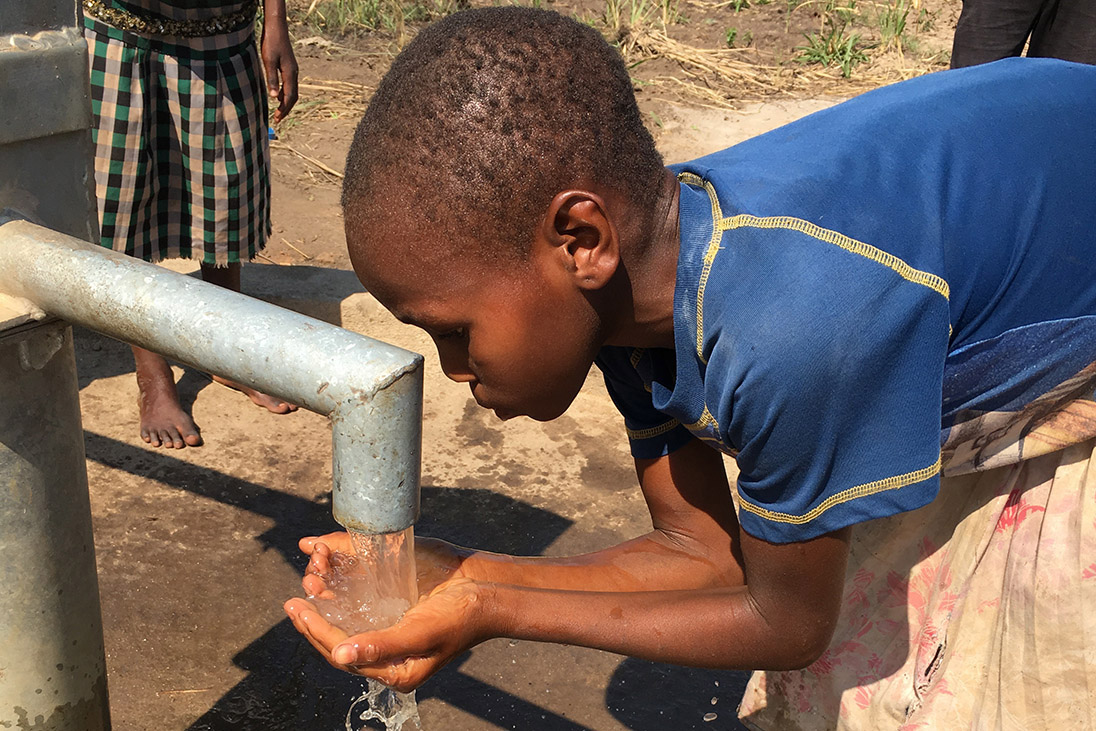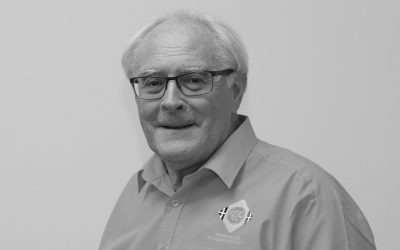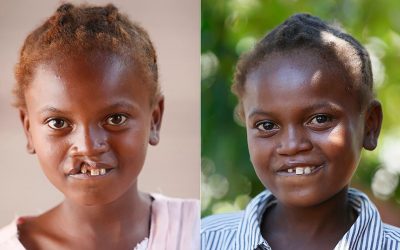Providing access to water, sanitation and hygiene through sustainable initiatives has long been a focus for Rotary. And with good reason.
When people’s basic needs are met, better health means they can take advantage of educational and economic opportunities.
These are stepping stones needed to move away from poverty.
For over 14 years, Village Water has been dedicated to helping communities in Zambia and Mozambique to access these basic, yet life-changing, facilities and knowledge. Rotary has supported its mission from the start.
Founded in 2004 by David Dixon, a Rotarian with the Ironbridge club in Shropshire, Village Water has grown into a charity which has helped more than 191,000 people access safe water close to home or school, a private toilet and a place to wash their hands.
These are all simple, tangible things which make a huge difference to people’s lives.
The charity is still small compared to the global giants. Their annual income is around £500,000, but their size often works in their favour.
They run a lean, cost- effective organisation, employing just six people, focusing on simple, locally-owned solutions which have a lasting impact.
For Village Water, local ownership starts with community involvement: each village or school is asked to elect a water committee and start a maintenance fund for spares and repairs.
Since 2004, Village Water has supported 191,000 people in 1,015 communities.”
Everyone attends hygiene, sanitation and menstrual health training sessions, which remove the stigma about periods which stop girls from going to school.
Then, they’re shown how to build their own simple sanitation facilities from freely available materials.
Tippy-taps (hand washing devices) are made from sticks, string and an empty bottle, covered latrines and bath shelters from long grass – so even the poorest families can participate.
The water committee mobilises the community to build their own facilities.
Once they are open, defecation-free and every household or school has a latrine and hand washing device, a protected water point is installed.
The water committee is given a tool kit and trained in basic maintenance and repairs.
Ongoing support and monitoring ensure the changes are long lasting.


94% of the 653 pumps installed between 2004 and 2017 pumps are still operational.
It’s a simple, tried and tested approach that works. And Village Water can prove it.
Its award-winning monitoring system clearly shows the impact of its work on health, school attendance and productivity.
Data collected at every visit, combined with photos, videos as stories direct from the people who have benefitted shows how life-changing its work really is.
It is this local ownership and Village Water’s ability to show Rotarians the huge difference it has made which has inspired 112 Rotary clubs to sponsor a community, so changing the lives of 180,000 people.
Better health is just the start. It means more time and energy for school, work or starting a business. It’s the chance to live healthy independent lives.
Village Water’s vision is for Africans to be able to manage their own water and sanitation.
This is something it believes can only be achieved by building the skills of local organisations at every level.
It doesn’t employ staff in Africa, preferring to invest in long-term partnerships that can help trusted local organisations move towards independence.
It seems to work. Village Water Zambia, its main partner, is now one of the most respected, independent water and sanitation Non-Governmental Organisations in Zambia, delivering projects for many donors, including a current five-year project for the European Union.
It has also helped six teams of men and women start their own manual drilling businesses.
As a result of Village Water’s work, from 2015-2017 cases of eye infections dropped by 84%, cases of diarrhoea dropped by 83% and girls’ school absenteeism dropped by 84%.
The charity has supported them with practical and business skills training, as well as supplying the equipment they need to get started.
This has increased the drillers’ income by an impressive 363%, which means affordable ways for people to improve their own water are available for all.
This approach has inspired the charity’s latest appeal – Safe Water and Sanitation for All.
The project has been selected for the Department for International Development’s UK Aid Match Scheme.
This means that all public donations given between November 19th and February 19th to Safe Water and Sanitation for All will be doubled by the UK Government.
The funding from the government will support Village Water’s work in George Compound, one of the poorest parts of Zambia’s capital, Lusaka.
Working in partnership with local people, it will improve hygiene and develop businesses to improve water quality, build toilets and safely deal with waste.
Public donations will be used to support the charity’s work to improve access to safe water and sanitation for families in rural Zambia and Mozambique.
It’s a project that is desperately needed. George Compound is home to 187,000 people but has no formal sewerage system.
Waste disposal is a huge problem. Toilets are in short supply and when they get full, people have no choice but to open defecate – one of the main causes of the 2017 cholera outbreak which killed 93 people.
Village Water is a charity that has not only proven its impact over the years, but it is also an excellent example of how sustainable development projects are working, and how Rotary is playing a huge role.


























































